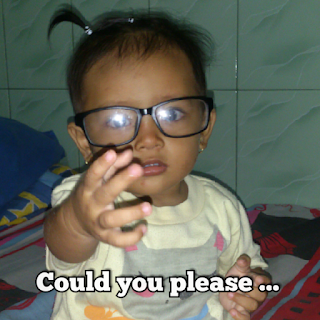Introducing Yourself and Other People
Dialog 1
Rio : Hello, I'm John Smith. You can call me John.
Susan : Hello John. I am Susan.
Dialog 2
Ella : Hi Ronny. Nice to meet you here.
Ronny : Nice to meet you too, Ella.
Ella : By the way, Ronny, this is Jane. Jane, this is Ronny.
Ronny : Hi Jane.
Jane : Hi Ronny.
In dialog 1, Rio is introducing himself. In dialog 2, Ella is Introducing someone to another.
Here are some expressions you may use to introduce yourself and other people.
1. Introducing Yourself
- Hi! I'm Edgar.
- Excuse me, my name is Ida rahmawati
- May I introduce myself: Toni Irawan, sales manager
- Hello Edgar! I am Eka Santoso. You can call me Eka.
- Nice to meet you, Ida. I am Ratna
- Oh, how do you do?
- This is Cathy Anderson.
- Do you know Marry Jane?
- Oh, look, here's Tommy!
- Tommy, this is Diana. Diana, This is Tommy.
- How do you do?.
- No, I don't. How do you do?
- Hi, Tommy.
- Hi, Diana! Nice/Glad to meet you.


















